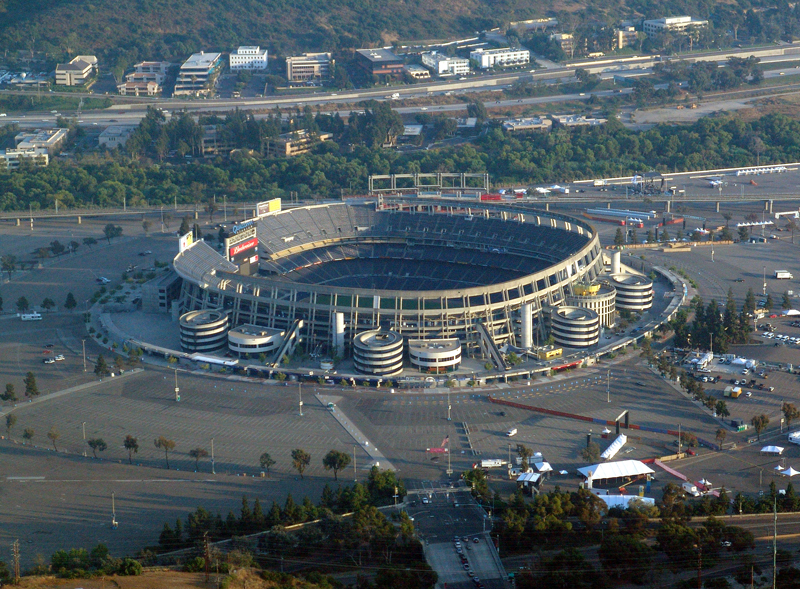The real purpose behind efforts such as Starbucks' #racetogether is to delegitimize white people's voices, by continuously hectoring them over their supposed ongoing racism. Well, besides being an effort in colossal corporate ass-covering, just in case someone notices that all those baristas are persons of pallor, if you will. Because this "conversation" is targeted at a specific racial group, in this case, whites, it is fundamentally racist. There is never any legitimate reason for racism. This is true whether the racism is practiced on behalf of the perceived victims or the perceived oppressors.
Ultimately, the thought process behind the Starbucks campaign is illegitimate. It assumes a viewpoint on the part of the white customers. It doesn't treat them as individuals. In our society, we descend from a tradition where our rights accrue to us as individuals, we expect to be treated as individuals and we expect to be held accountable for our actions as individuals, not as members of a race. So when you are all given your Starbucks coffee cup emblazoned with #racetogether, if you haven't boycotted them already, you should ask:
"What makes you think I'm racist?"
